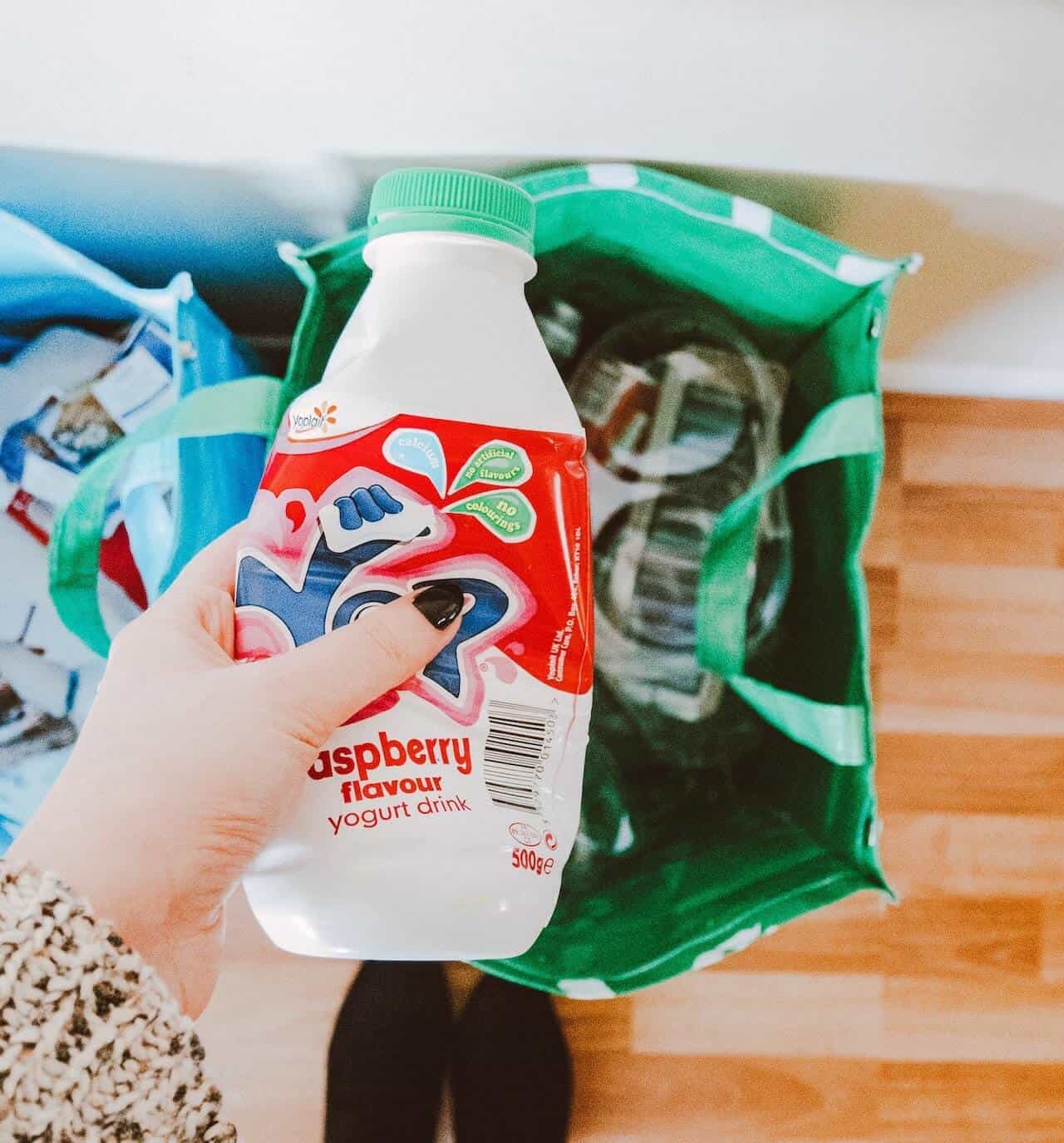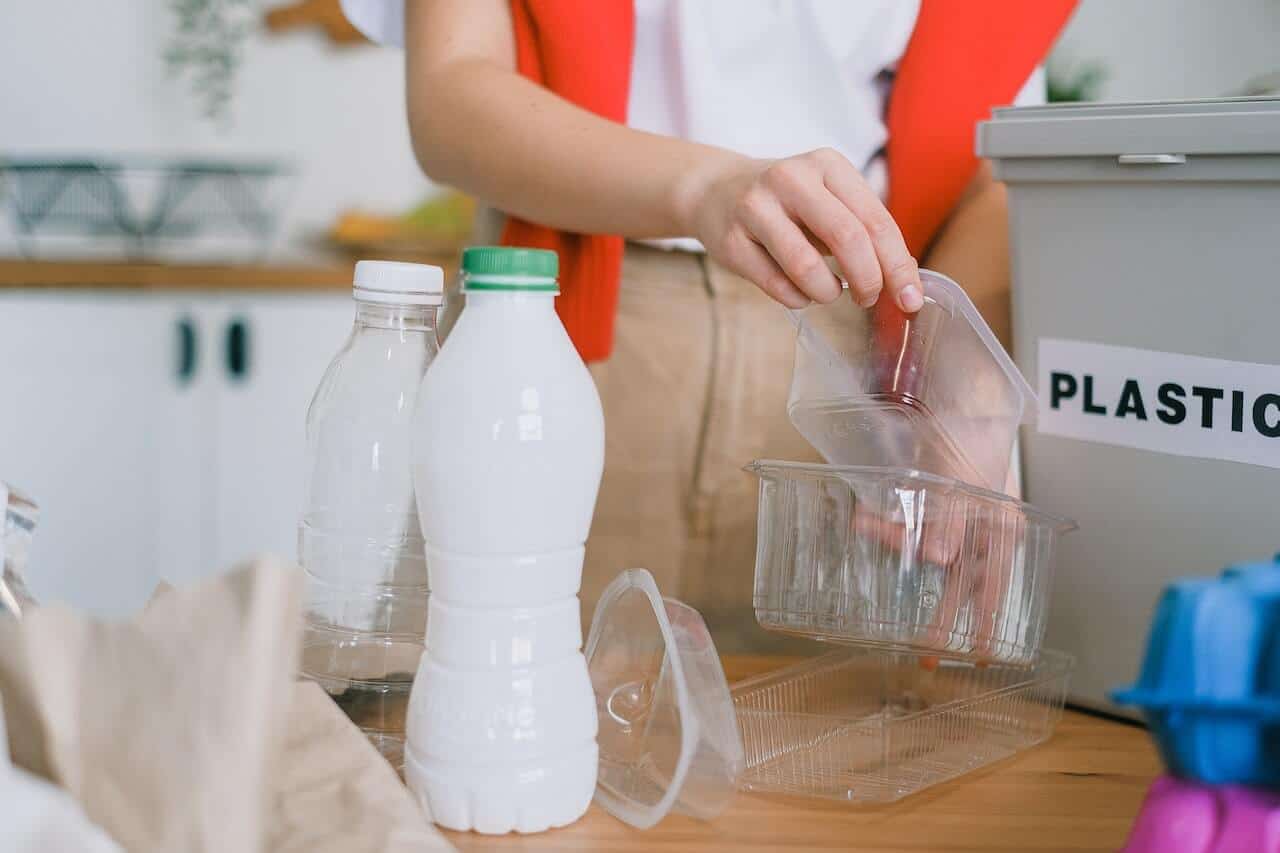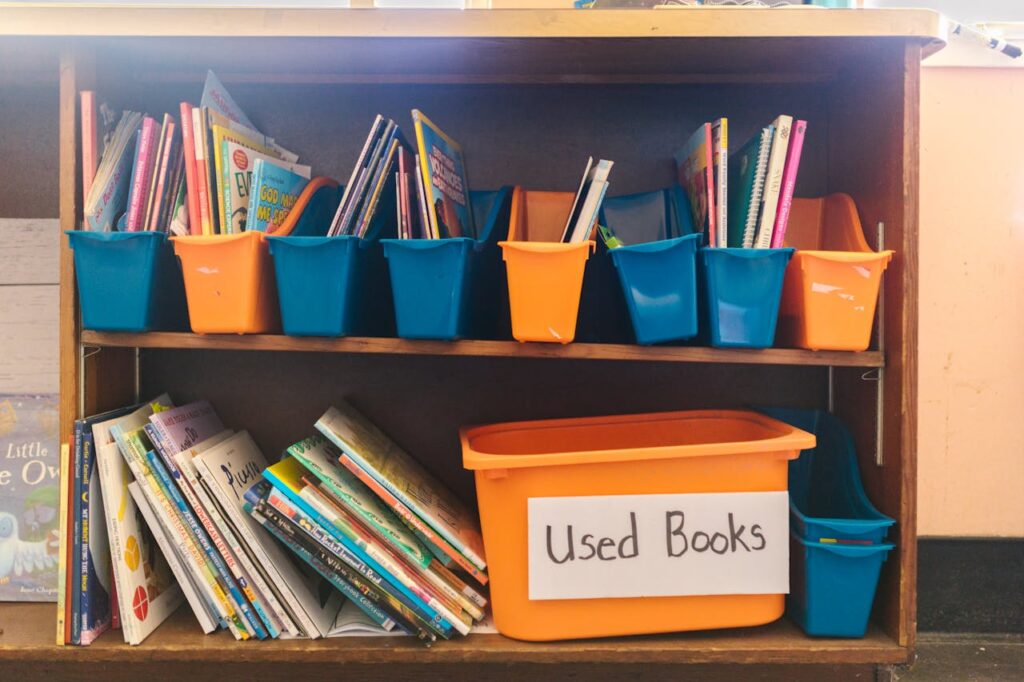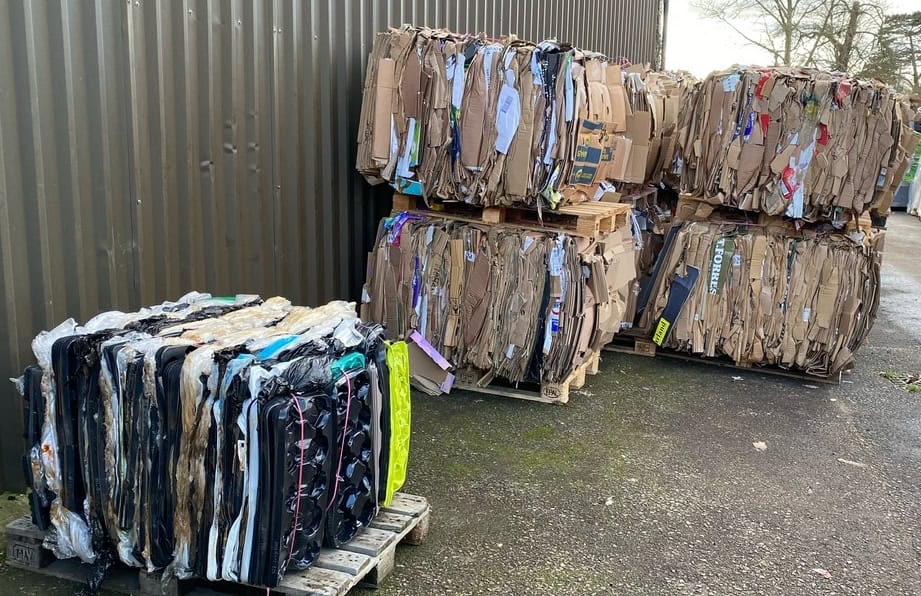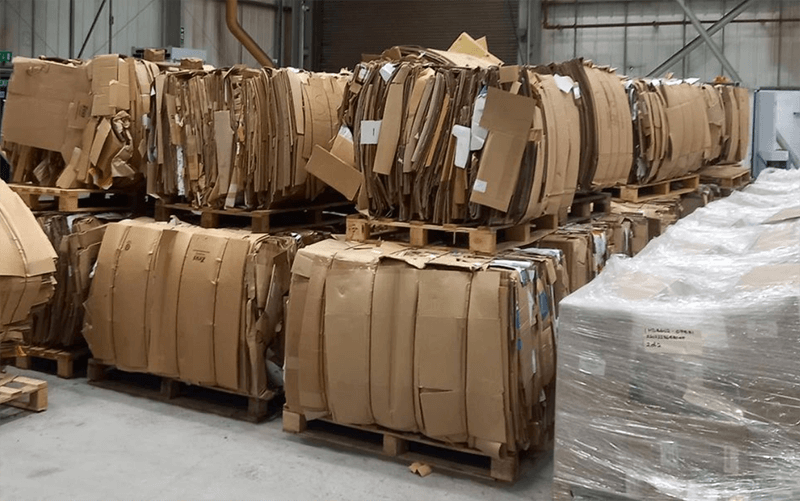Recycling Myths
From not being able to recycle plastic, to the recycling process using more energy than it saves, we have debunked some of the most common recycling myths. Recycling is often touted as one of the most effective ways to reduce waste and protect the environment. However, there are many common recycling myths that persist in society. These myths often lead to people putting the wrong things in their recycling bins or assuming that certain materials cannot be recycled.
In this article, we will bust 10 recycling myths and provide some insight into what can and cannot be recycled.
10 Recycling Myths Busted
Plastics cannot be recycled
This is one of the most common recycling myths out there. While it is true that some types of plastic cannot be recycled, many types can. The key is to check with your local council or recycling facilities to find out what types of plastics are widely recycled in your area. Commonly recycled plastics include PET (polyethylene terephthalate), HDPE (high-density polyethylene), and PVC (polyvinyl chloride).
Carrier bags can be recycled
Many people assume that plastic bags can be recycled, but this is not the case. Carrier bags often get caught in recycling machinery and can cause damage. Instead, try to reuse your carrier bags or return them to your local supermarket for recycling.
Black plastic cannot be recycled
Black plastic is often used for food packaging, but many people assume that it cannot be recycled. While it is true that black plastic is more difficult to recycle than other colours, it can still be recycled in some areas. Check with your local council or recycling facilities to find out if black plastic is accepted in your area.
Recycling is a waste of time
Many people believe that recycling is a waste of time and that their efforts will not make a difference. However, recycling is an important part of reducing waste and protecting the environment. By recycling, we can reduce the amount of waste sent to landfills and conserve raw materials.
Plastics films cannot be recycled
Plastic films, such as those used for packaging bread or fruit, can be recycled in some areas. However, they cannot be recycled in your regular recycling bin. Instead, check with your local council or recycling facilities to find out how to recycle plastic films in your area.
Mixing up recycling will be fine
Putting the wrong things in your recycling bin can cause problems for recycling facilities. For example, putting food waste or non-recyclable materials in your recycling bin can contaminate the whole batch. This can make it difficult or impossible for recycling facilities to separate and process the materials correctly.
Recyclable materials don’t have to be clean and dry
Recyclable materials, such as plastic bottles and cans, must be clean and dry before they are put in the recycling bin. This is because dirty or wet materials can cause problems for recycling facilities and make it difficult to process the materials correctly.
Clean Recycling
Recycling uses more energy than it saves
Recycling saves a huge amount of energy. Producing new aluminium from old products (including recycled cans and foil) uses 95% less energy than making it from scratch. For steel it’s about a 70% energy saving. Making paper from pulped recycled paper uses 40% less energy than making it from virgin wood fibres.
Recycling bins accept all recyclable materials
Many people assume that their recycling bin will accept all recyclable materials. However, this is not always the case. Different areas have different recycling programs, and not all materials may be accepted. To avoid putting the wrong things in your recycling bin, check with your local council or recycling facilities to find out what can and cannot be recycled in your area.
Food waste can be put in the recycling bin
Food waste cannot be put in the recycling bin. Putting food waste in the recycling bin can contaminate the whole batch and make it difficult or impossible for recycling facilities to separate and process the materials correctly. Instead, consider composting your food waste or check if your council provides specific food bins for collections.
Recycle Your Plastic & Cardboard Waste With Us
Are you looking for a recycling service? We provide businesses with a sustainable solution to dealing with their waste. Our team collects most plastic products, paper, cardboard and other waste streams. If you are producing bulk loads of waste, then get in touch with our team and find out what we can do to help your waste management.

